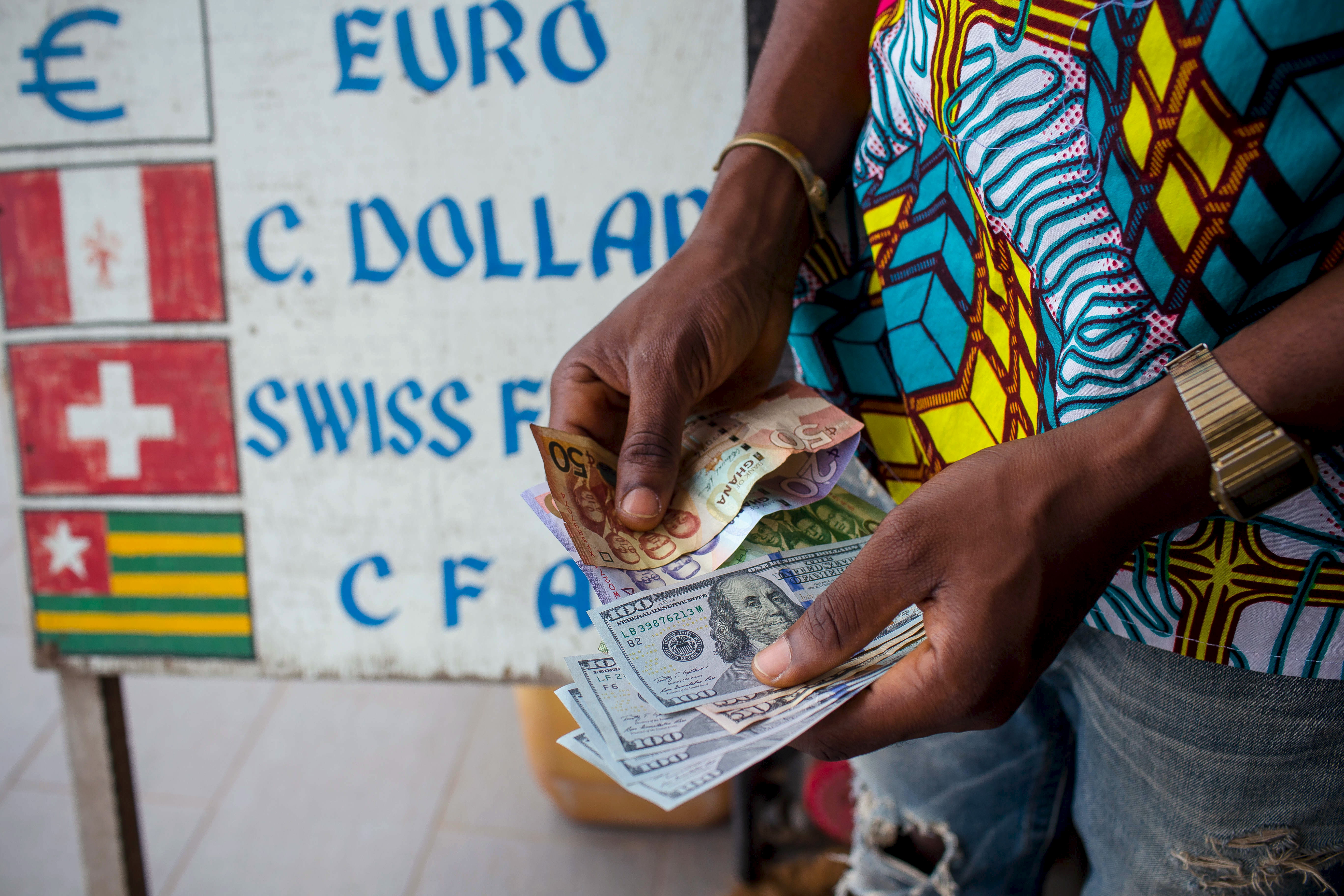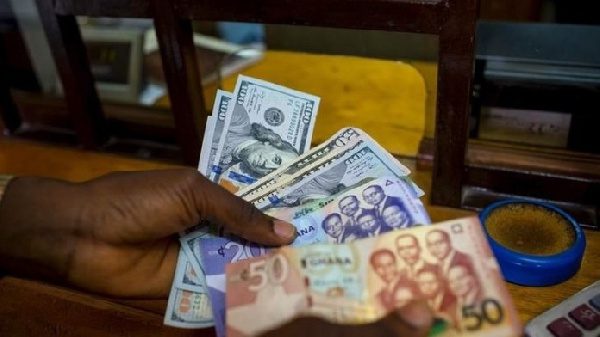General
73% of Ghanaians expect drop in foreign goods prices but not local ones – survey
A recent survey by Maverick Research has revealed a growing divide among Ghanaian consumers regarding price expectations, despite the notable appreciation of the Ghana cedi in 2025. The recent appreciation of the Ghana cedi has sparked debates among Ghanaians about its impact on goods pricing.A s...
Business Insider Africa
published: Jun 26, 2025


A recent survey by Maverick Research has revealed a growing divide among Ghanaian consumers regarding price expectations, despite the notable appreciation of the Ghana cedi in 2025.
- The recent appreciation of the Ghana cedi has sparked debates among Ghanaians about its impact on goods pricing.
- A survey revealed that 73% of participants expect reductions in foreign goods' prices.
- Brand loyalty has been affected, with many consumers switching products but willing to revert if rates improve.
The survey, which was conducted from 1st to 20th June across Accra, Kumasi, and Tamale, showed that 73% of respondents believe prices of foreign goods such as electronics, auto parts, building materials, and fuel should fall significantly.
However, more than one in five consumers remain unconvinced that the same will apply to domestically produced items, with some predicting prices will either stay the same or even rise.
DON'T MISS THIS: Ghana's economy records 5.3% growth in Q1 2025, surpassing expectations
“There’s a sense that some local pricing is sticky,” said Ato Micah, Managing Principal at Maverick Research. “Even as import costs fall, consumers don’t trust that those savings will trickle down through domestic supply chains.”

Most shoppers expect prices to drop within 3 months
The survey revealed that most Ghanaians are anticipating price reductions over the next one to three months, largely due to lower import bills. Yet, this cautious optimism hasn’t yet shifted consumer spending patterns.
“Optimism is being tempered with caution,” the report noted, citing lingering inflation fatigue and uncertainty about whether recent currency gains will lead to meaningful price drops.
Price sensitivity influencing brand loyalty
A key finding was that 73% of consumers had switched brands in recent years, driven by high prices and economic pressures. However, many indicated they would return to their preferred brands if price cuts are passed on.
This signals a potential reversal of the 2023–2024 trend, where most households turned to cheaper alternatives due to inflation.
Domestic trust gap remains
Despite positive macroeconomic indicators, a trust gap persists. Many consumers believe local producers and suppliers might not reduce prices, even as their input costs decline due to the cedi's gains.
“The cedi’s rise may be a macroeconomic win, but for the average Ghanaian shopper, the score is only settled when it’s reflected in their receipt,” the report concluded.
DON'T MISS THIS: Ghana ranks among top 6 African economies in Intra-African trade
Summary of survey insights
| Indicator | Response/Insight |
|---|---|
| Drop in foreign goods prices | 73% of consumers expect significant reductions |
| Domestic goods prices | Over 20% believe prices may remain high or even increase |
| Brand loyalty | 73% switched brands due to price hikes |
| Timeline for price reductions | Most expect changes within 1–3 months |
| Consumer mood | Cautious optimism with underlying scepticism |
As Ghana charts a path through post-inflation recovery, the key to consumer confidence may not lie only in exchange rates — but in whether shoppers actually see value changes on the shelves.
Read More